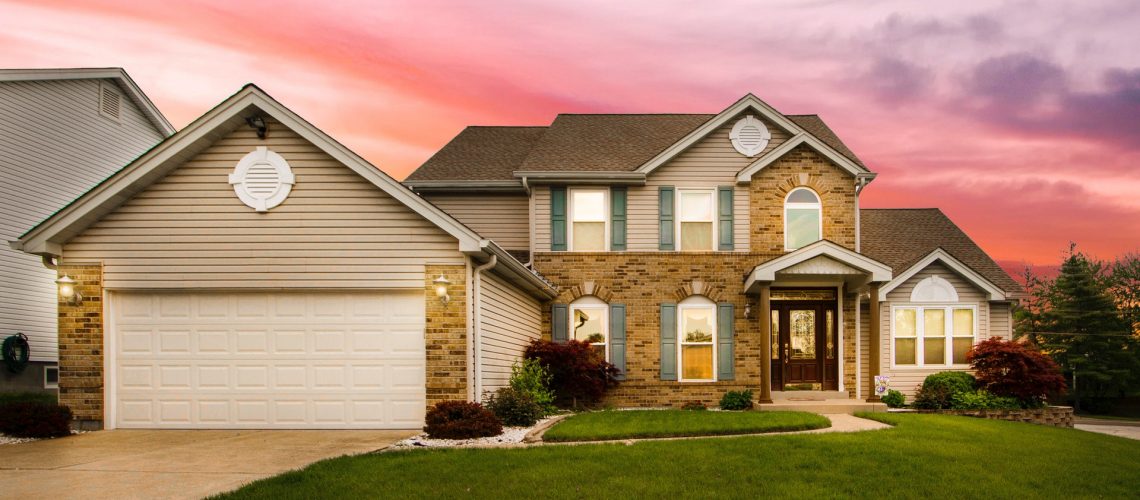Stamp duty refers to a substantial amount of money needed by home buyers for upfront payment while purchasing a property. If we put this in a technical way, it’s a tax imposed by revenue offices on customers while purchase anything property-related, it is also called as land transfer duty.
The real question is, when is this tax payment due and how much will it cost? Is it possible to skip this payment? Typically, you’ are bound to pay it before the settlement to avoid any delays, however, make sure you pay it within three months after the exchange of contracts. Or else, you risk suffering interest amount.
Due to no official value levied on several estates, the amount to be paid by the buyers cannot be set in stone. It completely depends on the charges set by the revenue offices. Nevertheless, it varies from state to state.
If you are aware of the amount that you’ll have to pay in stamp duty, you will be equipped better when claiming your property: If you buy a property worth of $450,000 incurring the stamp duty of $8,000, you’ll eventually pay $458,000.
In order to identify the charges that you’re going to bear, you must know that stamp duty depends on the following three factors:
- The state where you live
There are some states that impose higher taxes as compared to others. They possess varying charges of exemptions and concessions, in case you are qualified for it. In addition to this, it’s crucial to ensure that you are well-aware of the rules and regulations of your state regarding stamp duty. For instance, it has been abolished in South Australia in 2009. If you’re a fresh-home buyer in Victoria you don’t owe stamp duty on a property worth less than $600,000, provided you live there for a year at least.
- Your property’s worth
The more valuable your property is, the higher your stamp duty will be. However, state revenue officers usually impose a heavy tax once your property is worth more than $500,000.
- Type of home you purchase
Of course, this too makes a difference: a property that is full of bells and whistles can actually evidence increase in duty, while an unoccupied property will incur a considerably decreased tax.
But no, you cannot dodge paying your stamp duty in any way. On the other hand, you can still avoid cashing out more money from your account by selecting a cheap property, reducing your building budget and changing states.
There are many states that offer exemptions and concessions for the first-buyers. It is a financial boost for the ones willing to settle down to start a family.
Apart from first buyers, there are other several standards also considered by treasury offices for stamp duty relief, for instance if you are a health card holder or a pensioners. In addition to this, they also consider your purchased property’s value. As mentioned above, the lower the value, the lower the tax amount. You can visit the state revenue offices to have a precise computation of your property.
Paying stamp duty sounds intimidating, but practically it’s not. Typically, you will receive a mail via courier with the address of your newly bought property or the address you have provided. Consequently, instructions on making the payment will be enclosed through credit card, bank transfer, bank deposit or cheque.




